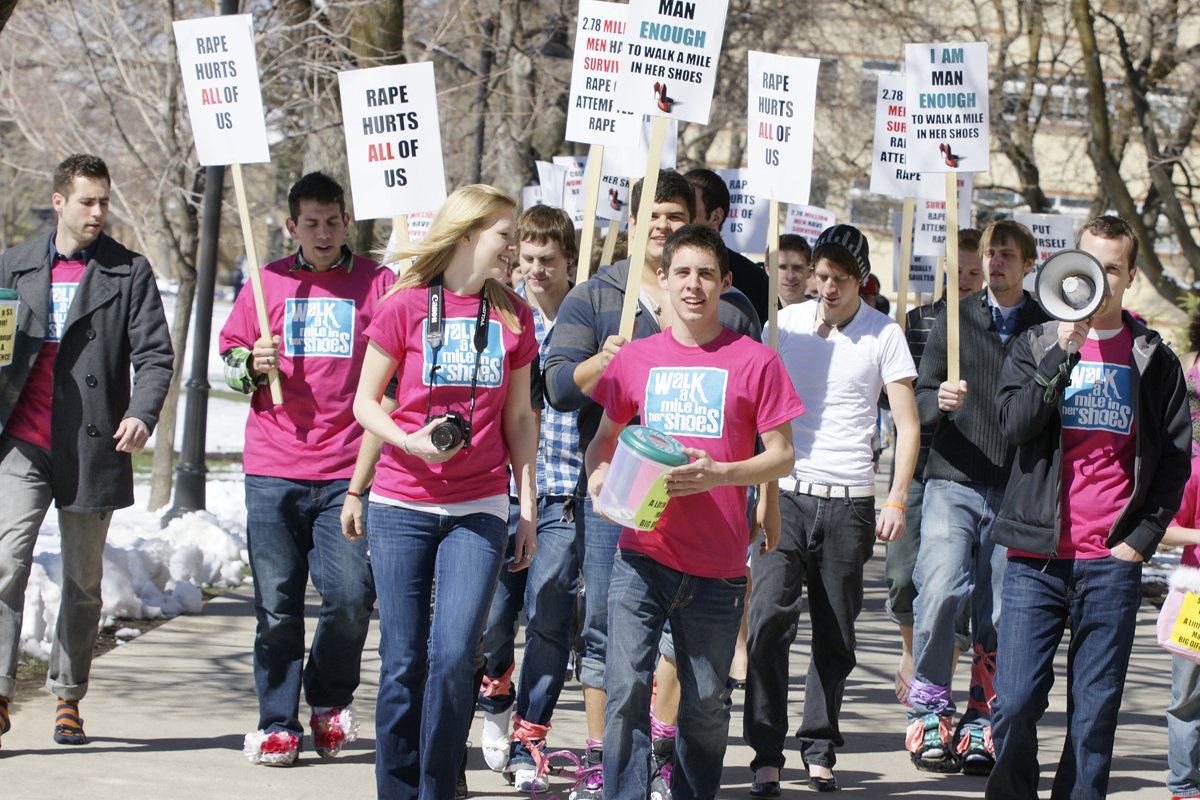Stopping Violence Against Utah Girls & Women
The Utah Women & Leadership Project hosted a panel of people who work in various areas to stop violence against women and children on Feb.17.
According to the panel, nearly one in two women will experience some form of sexual violence in their lifetime. This rate is also true for Utah.
Liliana Olvera-Arbon works with the Utah Coalition Against Sexual Assault.
“In order for us to create compassionate communities, with respect, equity and justice, one should do our work thinking of that person or child who is valued the least,” she said.
The panel also addressed recent data from the CDC, which states that 11.3% of high school girls in Utah report being raped before they graduate. This is higher than the reported national average. For sexual assault, 21.2% of girls in Utah have reported being sexually assaulted in the last 12 months.
At the height of the COVID-19 pandemic, there were more assaults reported in Utah than in previous years until July. Starting in July, there was a significant drop in reporting.
According to Annie Fukushima, assistant professor in the ethnic studies division in the school of cultural and social transformation at UVU, COVID-19 may have impacted people’s sense of safety because people could have been afraid to reach out to law enforcement or other emergency services. These organizations and services had to change how they were reaching out and supporting communities, she said.
“I think COVID-19 has really exposed the inequities in our society; who has access to resources and who doesn’t,” Fukushima said.
The panel also said that in 2020 Salt Lake City saw 30% more calls to police and West valley City saw a 28% increase in domestic violence calls to police. Homeless providers saw a 53% increase in individuals in high risk situations looking for somewhere to go where they would be safe. This is more than the increase the previous year.
Jennifer Campbell, who is the executive director at South Valley Services and serves as a board member on the Utah Domestic Violence Coalition, said, “With COVID, it pushes on those pressure points that were already there and then, unfortunately, we see a removal of those resources that people feel they have.”
She added that around 80% of sexual violence cases are by someone the victims know and someone who had access to them. With COVID-19, staying at home increases opportunities for those pressure points to get pushed too far.
However, there are many resources that are COVID-19 friendly and can help people in those circumstances.
https://www.raperecoverycenter.org/
https://www.svsutah.org/ – 24 hour help hotline: 801-255-1095 ext. 0
https://youniquefoundation.org/
https://www.udvc.org/ – 24 hour help hotline: 1-800-897-5465
kellie.christensen@aggiemail.usu.edu

